In Saudi Arabia, divorce rates have reached unprecedented levels. In 2020 alone, 57,595 divorces were recorded—averaging 127 cases daily. While this represents a 12.7 percent increase from 2019, it stands against a backdrop of 150,117 marriage contracts signed the same year, reflecting an 8.9 percent rise. For a nation of 33 million, these numbers signify a profound shift in the dynamics of marriage, family, and independence.
Historically, divorce carried significant stigma, with societal norms discouraging separation regardless of marital difficulties. Today, however, the increasing rights and freedoms granted to Saudi women, coupled with evolving social attitudes, have reshaped the cultural perception of marriage and divorce.
As Dr. Mona Al-Munajjed, a leading sociologist and author, explains, “The concept of divorce in Saudi Arabia has evolved with the rise of women’s empowerment and economic independence. It is no longer viewed solely as a failure but rather as a legitimate choice for personal well-being.”
Who Initiates Divorce in Saudi Arabia?
While precise statistics remain scarce, cultural insights suggest that divorces were traditionally initiated by men, reflecting the male-dominated guardianship system. However, recent legal reforms granting women equal rights in marriage and divorce proceedings have balanced this dynamic. Women now have access to rights such as khula—an Islamic divorce allowing women to separate from their husbands in exchange for returning the dowry or equivalent compensation.
The Prophet Mohammed (peace be upon him) described divorce as “the most hated of permissible things to Allah.” Yet the rising divorce rates reveal the influence of societal and legal transformations in Saudi Arabia.
Commenting on this shift, legal expert and women’s rights advocate Huda Al-Tuwaijri notes, “The introduction of laws like the Personal Status Law has made divorce a more accessible process for women, empowering them to make choices that were once unthinkable.”
Marriage Then and Now: From Obligation to Choice
For decades, Saudi culture placed marriage at the center of a woman’s life, often symbolizing her ultimate social achievement. Weddings were milestones celebrated with grandiose events, serving not only as a gateway to independence from parental control but also as a status marker.
Before 2017, recreational opportunities in Saudi Arabia were limited, leaving many women confined to traditional roles. Marriage was viewed as an escape, offering women a semblance of freedom within the bounds of family life. The husband’s household often represented a world of fewer restrictions compared to the parental home.
However, reforms underpinned by economic diversification have significantly expanded opportunities for women, making marriage a choice rather than an obligation.
Journalist and commentator Amira Al-Bakr observes, “For many young Saudi women today, marriage is no longer the primary aspiration. Instead, they see education, career, and self-fulfillment as equally valid goals.”
The Role of Traditions and Economic Realities
The evolving perception of marriage also reflects broader societal changes. In the past, a man’s decision not to marry was less scrutinized due to the perceived burdens of financial responsibility and familial obligations. Today, fewer men feel compelled to marry, as societal norms around cohabitation and relationships have softened.
For women, economic independence has been a game changer. With the ability to work, travel, and live independently, women no longer view marriage as their only avenue to stability or social acceptance. A divorced woman living alone—once considered taboo—is now increasingly normalized in urban areas.
Sociologist Dr. Abdullah Al-Ghamdi points out, “The financial autonomy of Saudi women has redefined traditional family dynamics, challenging long-standing norms about dependency and societal roles.”
Lessons for Modern Marriages
The foundation of a successful marriage, as seen today, is rooted in mutual respect, shared responsibilities, and individual choice. As societal expectations evolve, the younger generation is encouraged to redefine marriage not as a societal obligation but as a personal partnership.
Saudi women, empowered by reforms, no longer face the double burden of societal judgment and financial dependency. A balanced blend of tradition, Islamic values, and personal freedom offers a pathway to healthier, more fulfilling marriages.
Cultural commentator Laila Al-Harthi adds, “The most critical lesson for young couples in Saudi Arabia is that marriage should be a partnership of equals, built on mutual understanding and shared goals.”
The story of Saudi marriage has become one of choice, not compulsion—a trend that underscores the broader socioeconomic transformation reshaping Saudi Arabia.
As the Kingdom continues to modernize, understanding the interplay between tradition and reform is essential for policymakers, sociologists, and researchers. How can cultural evolution be harmonized with long-standing values? What support structures are needed to ensure the stability of families in a rapidly changing society?

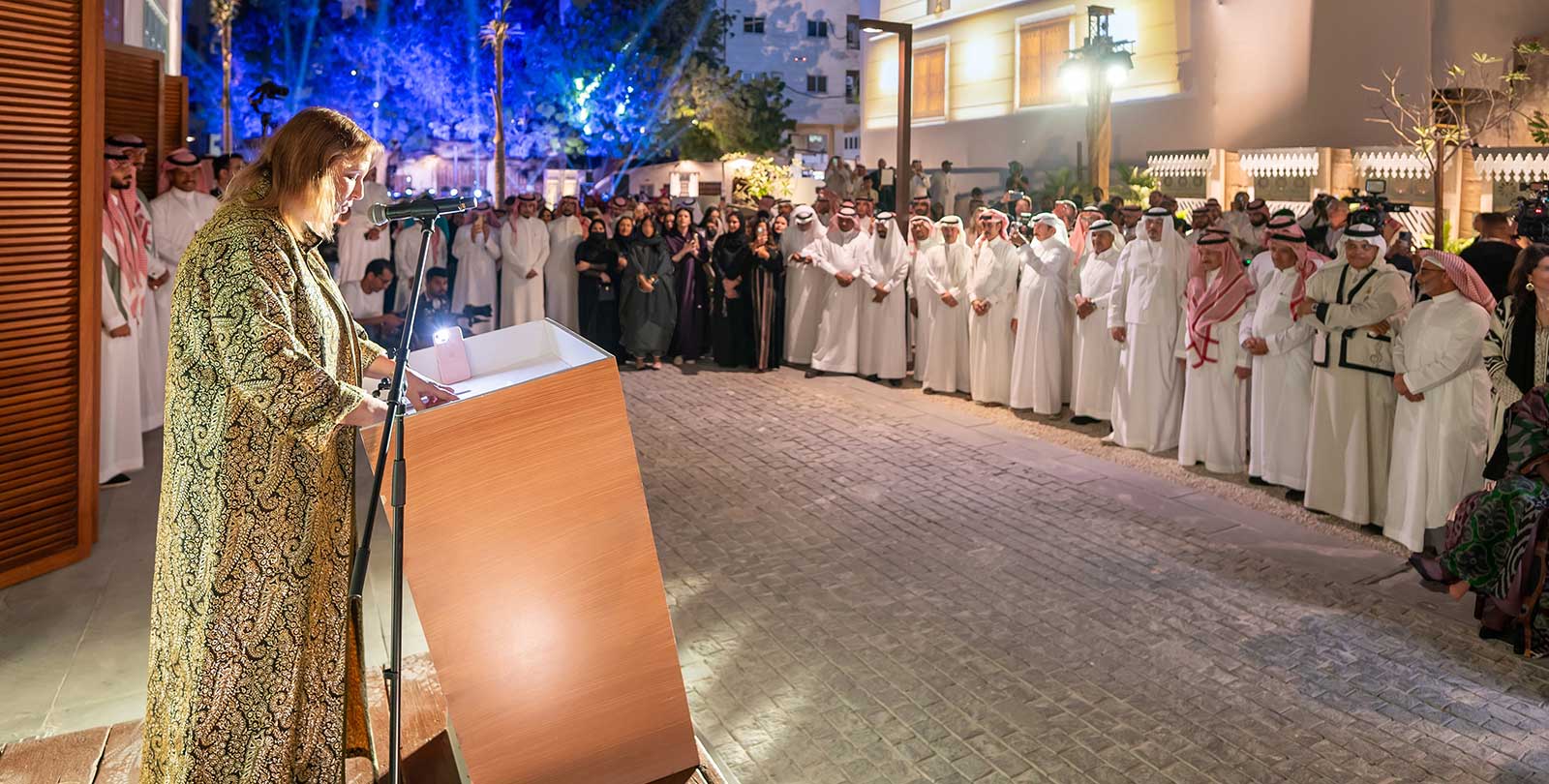

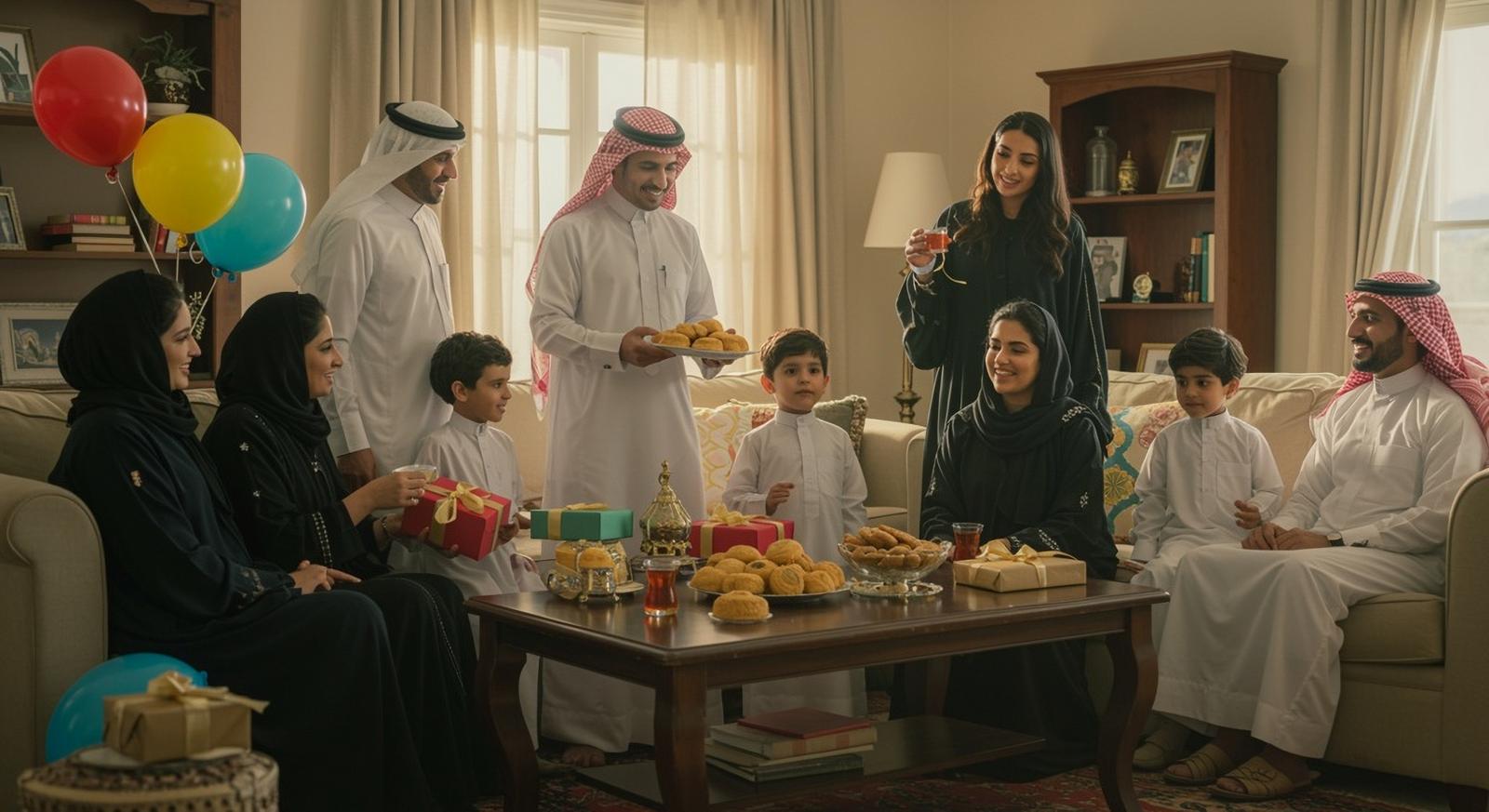
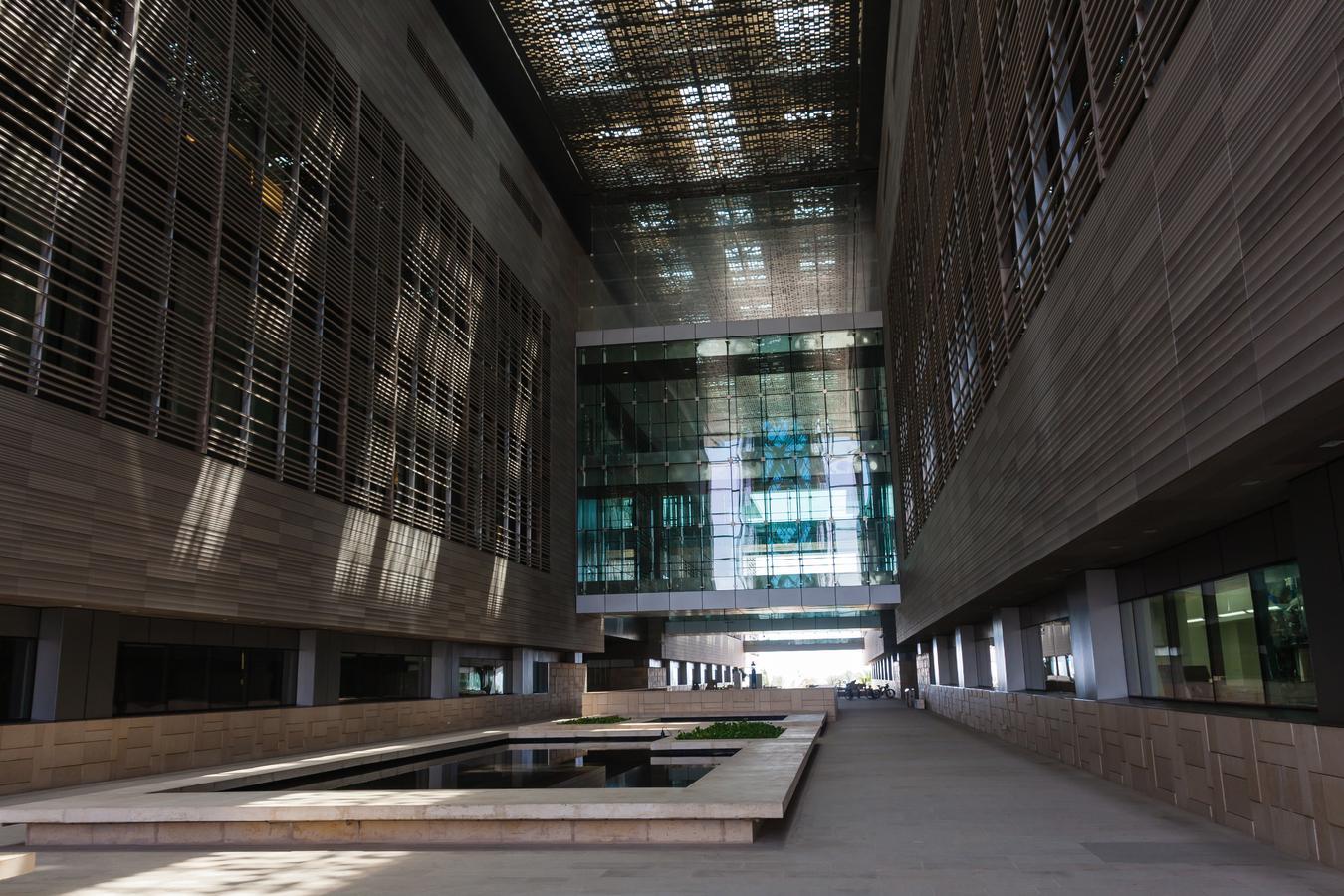

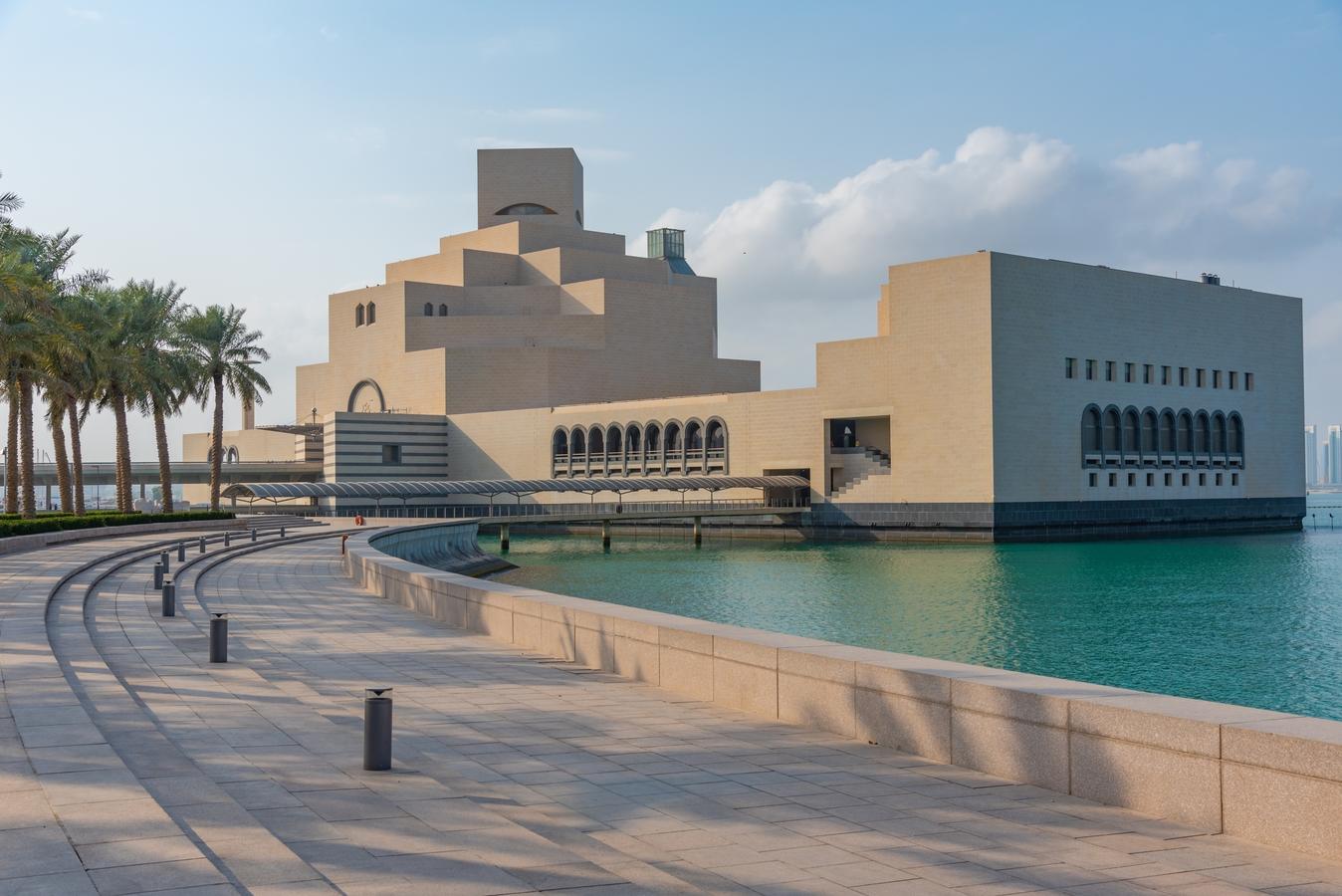
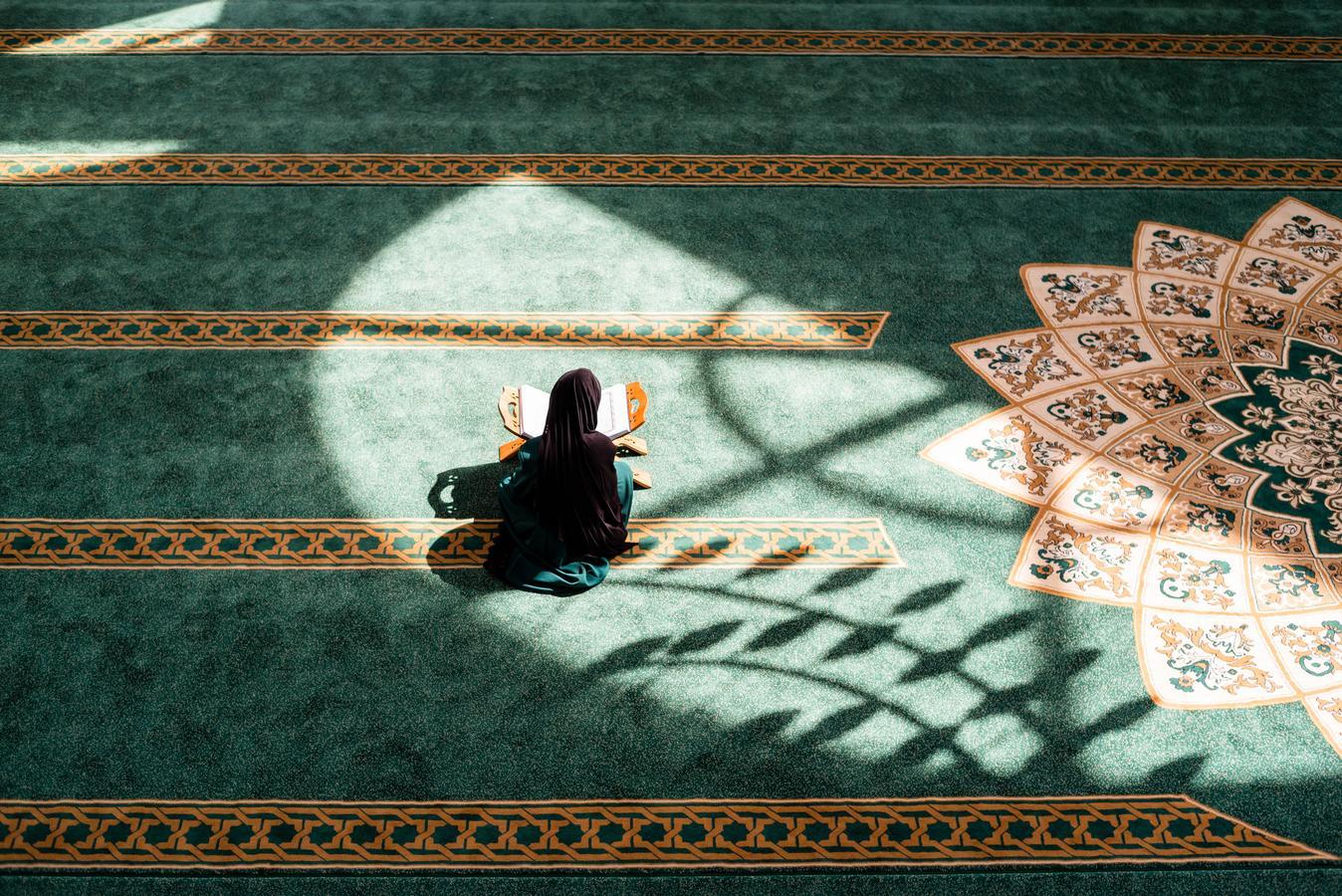
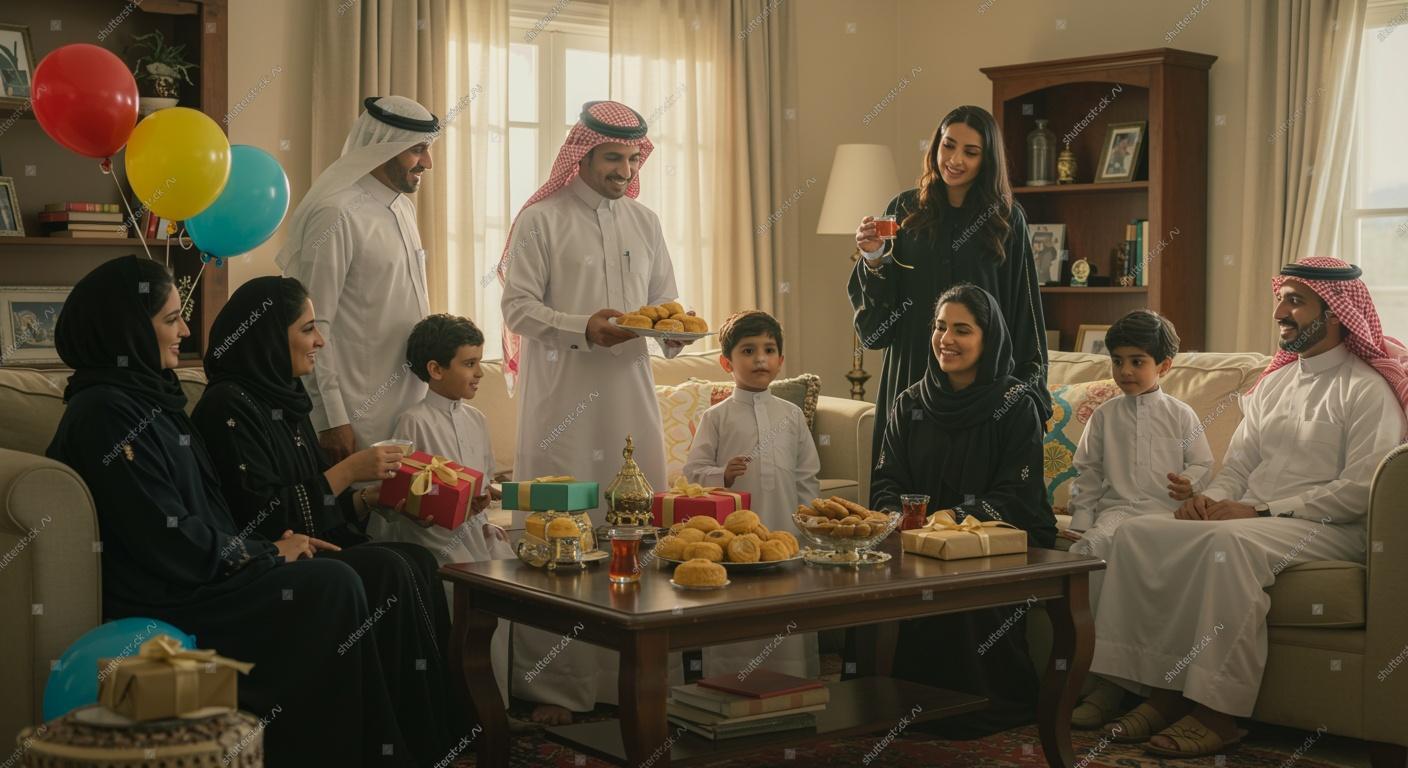
0 Comments
No comments yet. Be the first to comment!